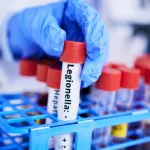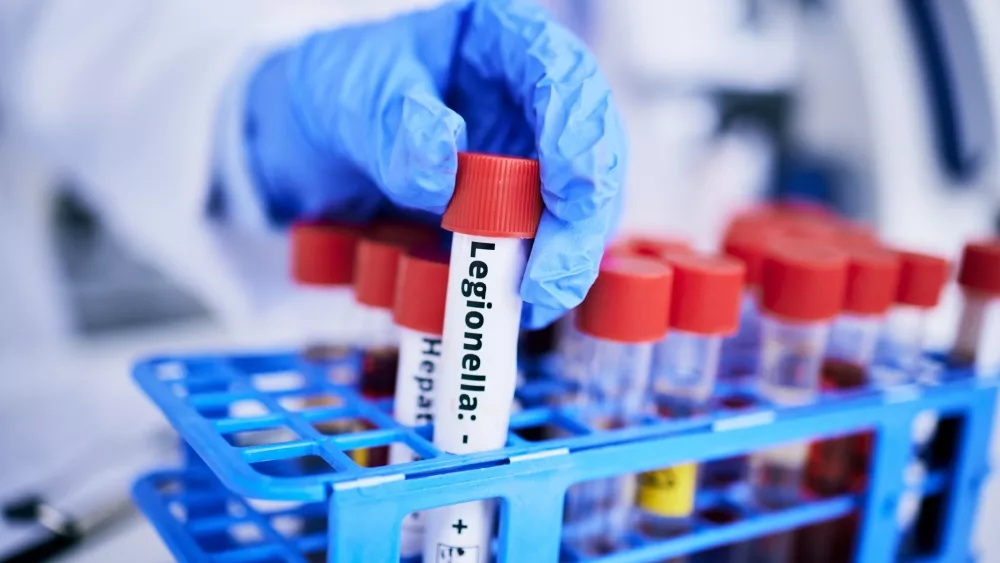
State health officials confirmed that five people have developed Legionnaires’ disease following possible exposure to contaminated water droplets from a cooling tower in downtown Lincoln, New Hampshire. Authorities warned residents of Lincoln, New Hampshire, to monitor themselves for symptoms of Legionnaires’ disease after the five people in question developed the disease — a severe form of pneumonia caused by Legionella bacteria — in June and July,
The New Hampshire Department of Health and Human Services issued an advisory on August 12, confirming that five people had developed the illness after being exposed to water droplets contaminated with Legionella bacteria from a cooling tower behind the RiverWalk Resort in downtown Lincoln, New Hampshire.
Dr. Benjamin Chan, New Hampshire State Epidemiologist, said in a health department press release: “Anybody who has visited the area near the contaminated cooling tower should monitor themselves for symptoms. People who develop fever or other symptoms of pneumonia within 14 days after spending time in this area should talk to their healthcare provider about testing for Legionella infection.”
RiverWalk Resort told NBC Boston on Monday that remediation work, including a complete sanitation, at the cooling tower was completed. RiverWalk Vice President Renee Blood told ABC News that the cooling tower has been sanitized and put back into operation after discussion with state officials: “out of an abundance of caution, additional testing will be performed later this week ..we have been and will continue to partner with DHHS and DES to ensure the safety and protection of our guests and community.”
DHHS said the cooling tower’s continued operation could mean further exposure risks: “Anyone who is visiting the specified area should assess their health risk. Those who are older, are current or former smokers, have weakened immune systems, or have certain medical conditions like chronic lung disease and diabetes are at higher risk for developing Legionnaire’s disease.” As the cooling tower is still operating amid remediation, “there may continue to be some risk of exposure to the public, especially for people within a half-mile of the cooling tower’s location.”
According to the Centers for Disease Control and Prevention, Legionella bacteria exists naturally in bodies of fresh water but can be a threat to people when it grows and spreads in building water systems like cooling towers or water tanks. Most people catch Legionnaires’ disease by inhaling the bacteria from water in the form of small water droplets or mist, and infections generally don’t spread from person to person. While most healthy people exposed to Legionella don’t get sick, those who are older, current or former smokers, those with weakened immune systems or certain medical conditions including chronic lung disease and diabetes are at higher risk for developing the disease.
Symptoms usually begin between two and 14 days following exposure and can include fever, cough and shortness of breath. The bacteria can also cause serious pneumonia, the stage known as Legionnaires’ disease. The condition can be fatal if left untreated.
Editorial credit: PeopleImages.com – Yuri A / Shutterstock.com

